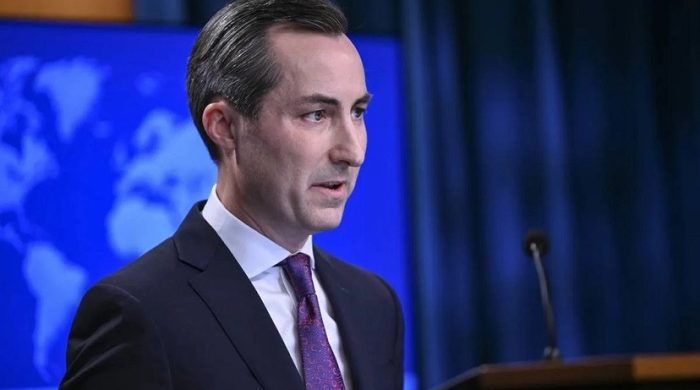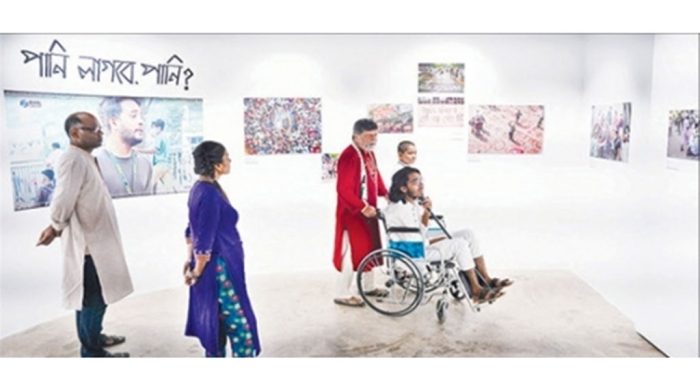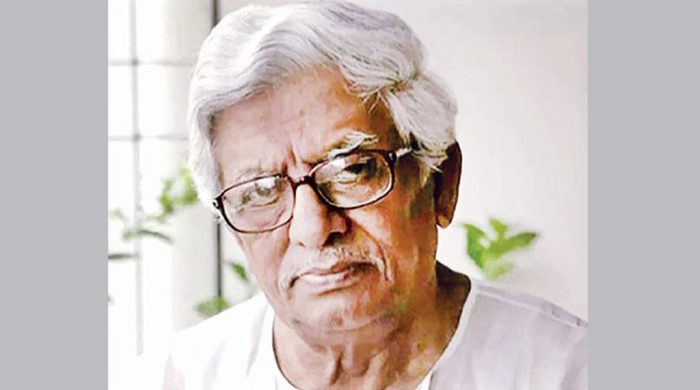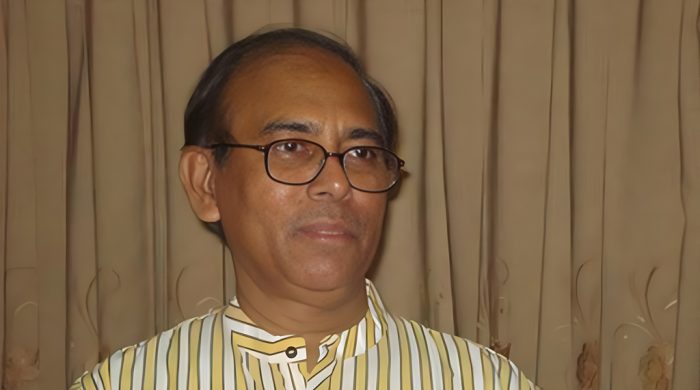Sufia Kamal broke citadel of conservatism: discussion

- Update Time : Wednesday, June 21, 2023
- 88 Time View
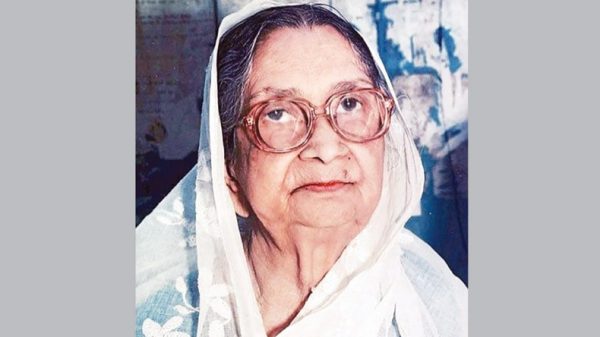
Discussants at a programme said that poet Sufia Kamal broke the citadel of conservatism and waved the flag of progress at the Poet Shamsur Rahman Seminar Room of Bangla Academy on Tuesday.
Bangla Academy organised the discussion programme on the life and work of poet Sufia Kamal marking her 112th anniversary of the birth, said a press release.
Human rights activist Sultana Kamal delivered the keynote speech while cultural affairs ministry additional secretary Hasna Jahan Khanam was present as special guest at the programme.
Bangla Academy deputy director Saymon Zakaria delivered the welcome speech while the academy’s secretary Mukhlesur Rahman Akand gave vote of thanks at the programme, which was presided over by the academy president Selina Hossain.
Sultana Kamal said that Sufia Kamal worked for the welfare and well-being of the people of the country overcoming the sorrows and hardships of her personal life.
‘Sufia Kamal broke the citadel of conservatism and waved the flag of progress,’ said Sultana Kamal.
Saymon Zakaria said that Sufia Kamal espoused the path of progress and the eternal journey of light of liberation.
‘Sufia Kamal will be remembered as a brave woman in the history of Bengal,’ he added.
Hasna Jahan Khanam said that Sufia Kamal campaigned for women’s rights, equality and establishment of modern society.
Selina Hossain said that Sufia Kamal’s poems addressed women’s movement and her anti-superstition stance.
Besides, Bangladesh Mahila Parishad paid tribute to its founding president Sufia Kamal organising a programme titled Sufia Kalmal o Tarun Projanmo at the Abdul Karim Sahityabisharad Auditorim of Bangla Academy.
A pioneer of Bengali women’s emancipation, Sufia Kamal was born on June 20, 1911 in Shayestabad, Barishal, British India. She was the founding president of Bangladesh Mahila Parishad and Chhayanaut.
As women’s education was prohibited during her childhood, she could not afford to get academic education. She learnt different languages from her house tutors.
Little did anyone know then about the latent potential in the young girl that would turn her into a major cultural icon in the nationalist movements of the 1950s and 60s and an important civil society leader in independent Bangladesh.
Sufia’s life is eventful and awe-inspiring. She played multiple roles as she lurched from crisis to crisis until she found her true calling: as a socially conscious litterateur.
In 1918, Sufia went to Kolkata with her mother where she met Begum Rokeya, the celebrated feminist writer and social worker.
Sufia’s first poem, Basanti, was published in 1926. However, her literary career took off with the publication of her first collection of short stories titled Keyar Kanta in 1937. Her first collection of poems titled Sanjher Maya was published a year later. It bore a foreword from Kazi Nazrul Islam and attracted praise from the likes of Rabindranath Tagore.
She was also active in the Language Movement of 1952.
She also protested against the embargo on Tagore imposed by the then Pakistan government in the late 1960s. She was also involved in the mass upsurge of 1969 and the non-cooperation movement of March 1971. She also renounced the Tamgha-e-Imtiaz award given to her by the Pakistan government.
The state honoured her with Independence Award, the highest civilian honour, in 1997. Sufia Kamal passed away on November 20, 1999.





